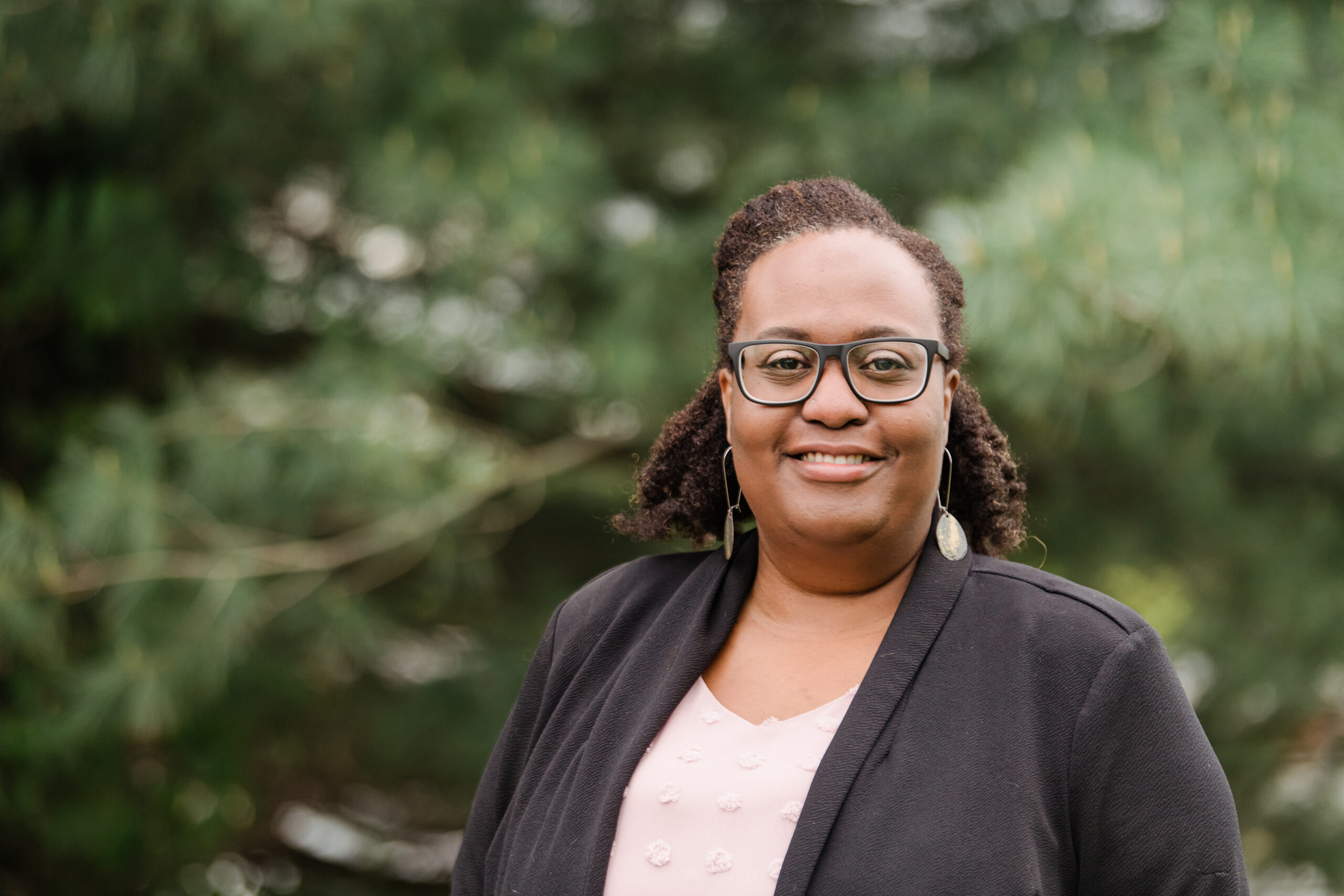COVID forced employees away from traditional offices to home offices, making working from home no longer the exception. Before the pandemic, work-from-home proponents advocated a more flexible work week/space to give employees a better work-life balance. Has this proven to be true? As some employers try to find incentives to bring their teams back to cubicles and open-plan workspaces, the argument about which setup gives a better work-life balance continues.
UMBC’s Elizabeth Patton, associate professor of media and communication studies and author of Easy Living: The Rise of the Home Office (Rutgers University Press, 2020), is very familiar with this argument. “Through my research, it has become evident that the issue of balancing work and life, and the integration of work into the home, has a deep-rooted history and continues to be a challenge we face today,” Patton explains to Lynn Pasquerella, president of the American Association of Colleges and Universities and host of The Academic Minute, a daily show featuring faculty from colleges and universities worldwide speaking about their cutting-edge research.
UMBC’s Academic Minute takeover week
Patton joined five UMBC scholars this fall in UMBC’s first Academic Minute Takeover Week, featuring the latest research in philosophy; modern languages, linguistics, and intercultural communication; language, literacy, and culture; and history. The episode was republished by NPR podcasts and Inside Higher Ed.
Learn more about Patton’s research
- Living: The Rise of the Home Office (Rutgers University Press, 2020)
- Race and the Suburbs in American Film (SUNY University Press, 2021)
- Mediapolis: JA Journal of Cities and
- UMBC humanities faculty receive NEH fellowships for research into “the why and how of our past”
- Media Crossroads: Intersections of Space and Identity in Screen Cultures (Duke University Press, 2021)
Learn more about UMBC’s media and communication studies program.
Tags: Academic Minute, CAHSS, cahssresearch, MCS, Research

